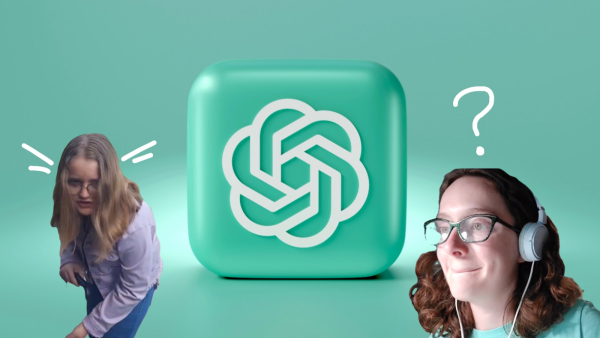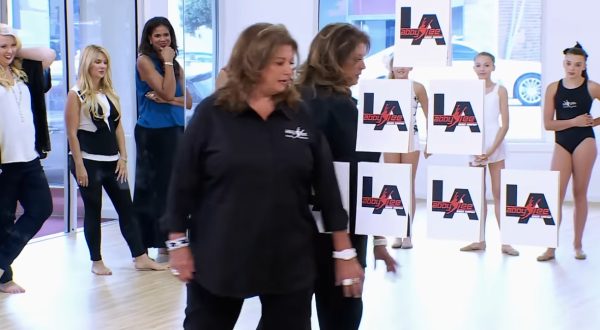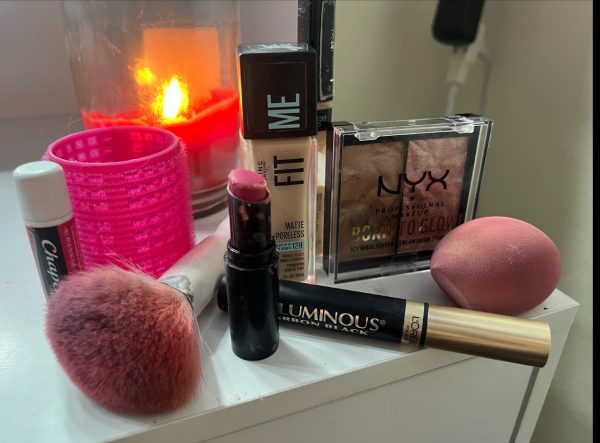Students debate pros and cons of hybrid and remote instruction
MHS students share commentary on whether they think the hybrid or online model of teaching and learning is better
Hybrid and online both have positives and negatives.
Due to the re-opening and second round of hybrid instruction, students are now being told they can return to school after being sent home last semester. Many experienced quarantine (if they were exposed but didn’t present symptoms) or even isolation (if they presented symptoms) because of exposure to COVID-19. For a number of students, this makes them wonder whether learning in a hybrid environment or online is better for them.
Several Mead High School students were interviewed for this article, half of which have chosen to remain online and half of which who are involved in the hybrid schedule.
Those who were staying online (at least until Spring Break 2021) had a general concern of exposing themselves to COVID-19. They said they want to stay online because they have a fear of the virus and know there is still a possibility of it being spread at school (though school officials have noted that there is no occurrence of spread within Mead High).
Brayden Morgan (‘23) said, “People are still getting the virus, so it doesn’t feel safe in person.”
With COVID-19, it seems scary to go to school for some. They may worry about getting COVID-19 and wonder if it’s worth going to school at all.
Other students said they aren’t as fearful and feel safe in person. They also like specific parts of hybrid that help them learn and stay connected to their teachers and friends.
Nathan Koven (‘24) said, “I enjoyed being in [hybrid] learning [the first time,] and I… enjoy seeing friends… It feels like a better learning environment overall.”
Some students prefer being in person because they feel learning in the school building is a less distracting environment.
Going from a few in-person hybrid days to online learning days can also be difficult.
“I don’t like hybrid because we get split into groups and that… can be harder [during online days] because the teachers are usually focused on the in person students,” said Brooke Cote (‘24).
Hybrid can be stressful with its chaotic schedule. Students that go from online classes and then switch to in-person are subject to changing bell schedules as well. Many struggle with never knowing if in-person school might be shut down again.
Those who aren’t the biggest fans of the hybrid schedule often feel very overwhelmed and confused by such a schedule, especially when students are forced to return to hybrid and then go back online multiple times. Some believe this schedule is erratic.
Hayley Ernst (‘23) said, “I don’t like having to change my schedule, I like to have a consistent way of learning, and hybrid is unpredictable.” A steady-flowing online schedule works for many. In certain ways, it’s good to have — consistent school habits can benefit students mentally depending on what they prefer. Going through a school day without a known schedule can cause people to feel lost and keep them learning as well as they would at home.
Along with seeing friends and having less distractions, certain students see hybrid as a great opportunity to have a more flexible schedule. It can be a big helper in organizing and adjusting your week, and for some students, it makes school less stressful.
Cote (‘24) said, “I like how you don’t have to go to school every day [during hybrid] and that you can manage your time to fit your life.”
Other students disagree with the hybrid model because they feel more mentally stable at home than they do in school. They may be afraid of COVID-19 or experience heightened social anxiety from partially in-person learning.
Ernst (‘23) said that “[she] had many panic attacks about COVID and the stress [that comes] with being around people”. Due to these reasons, she “decided it would be best [for her] to… not go”. Coming from a mental health perspective, it’s understandable because the fear catching COVID-19 or passing it on to loved ones is a major concern for some students. Being around crowds can give someone an uneasy feeling during this time as well because of the way the virus spreads.
Whether you choose to stay completely remote or enjoy the hybrid model, staying connected throughout this pandemic and throughout the second semester can benefit everyone.
People have different perspectives on the positives and negatives of both schedules, and we can respect everyone’s decision.
Your donation will support the student journalists of Mead High School. Your contribution will allow us to purchase equipment and cover our annual website hosting costs.

Paris Stark is a Freshman. She enjoys to draw, go on long walks, and play softball. She is looking forward to becoming a stronger writer and learning more writing skills.
You can contact them at [email protected].












Kassidy Trembath • Feb 25, 2021 at 3:37 pm
This is a great article! I appreciate the various opinions that you’ve collected. Good job!